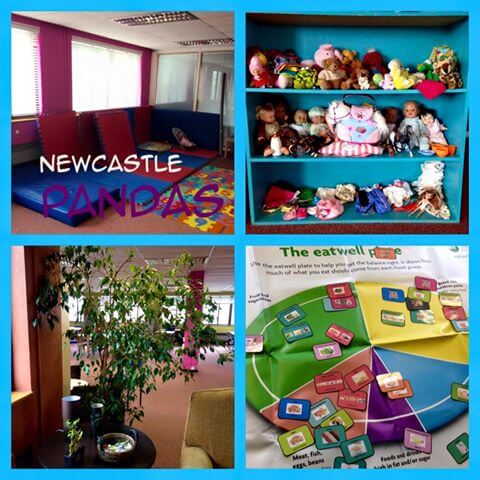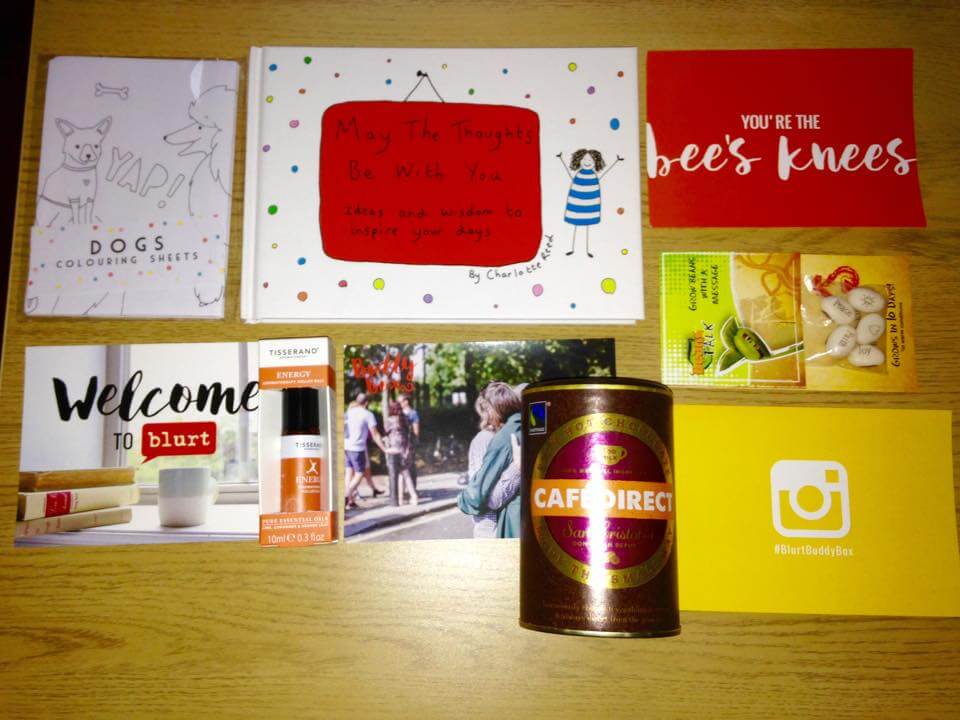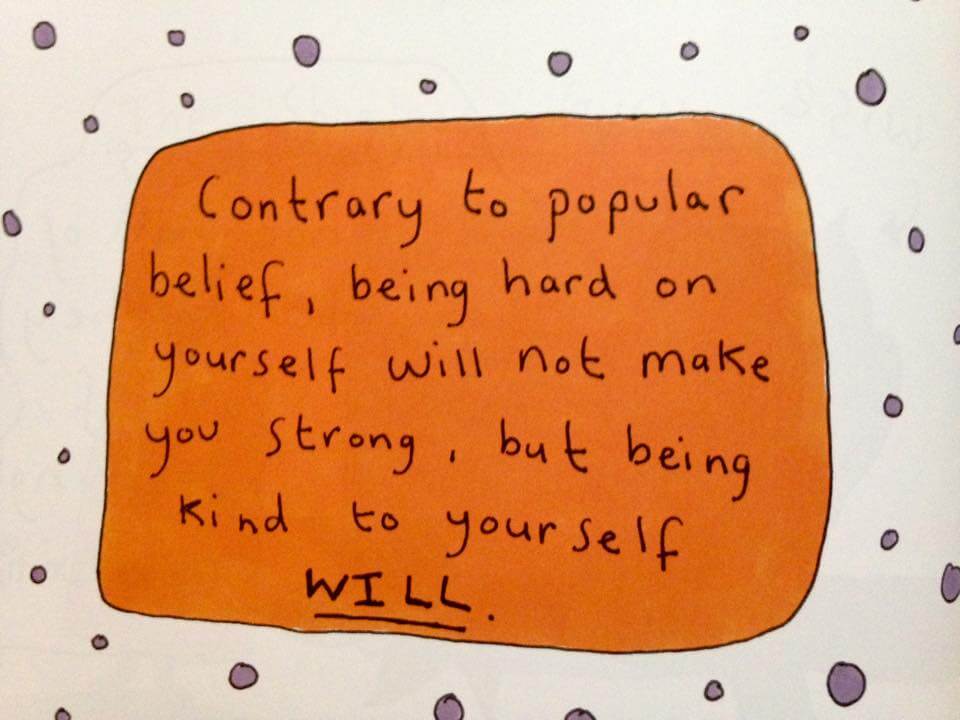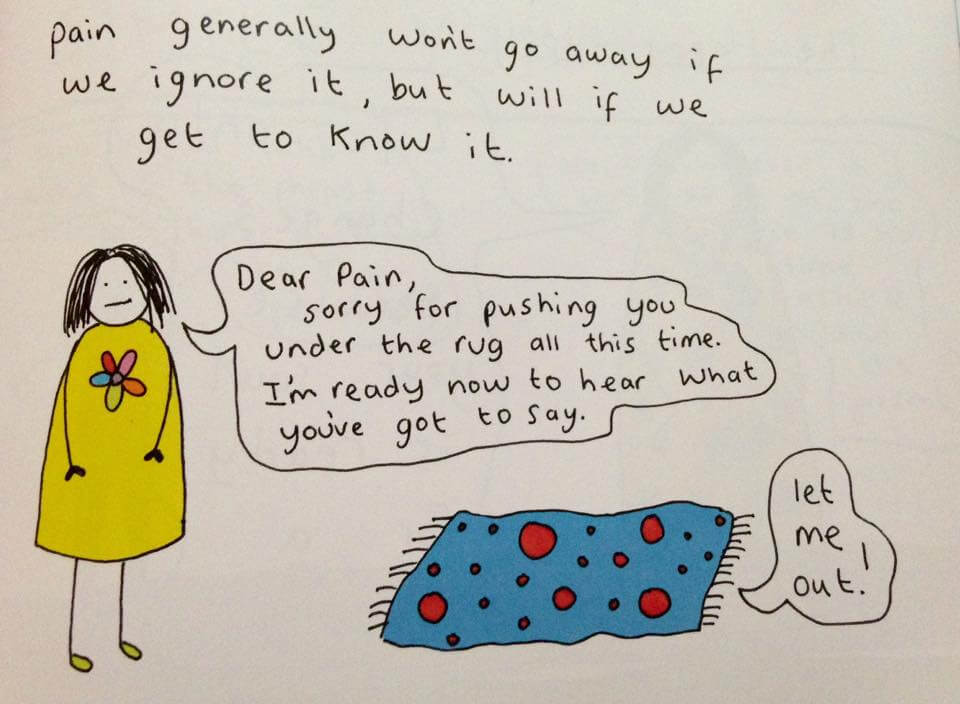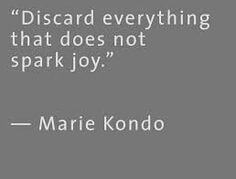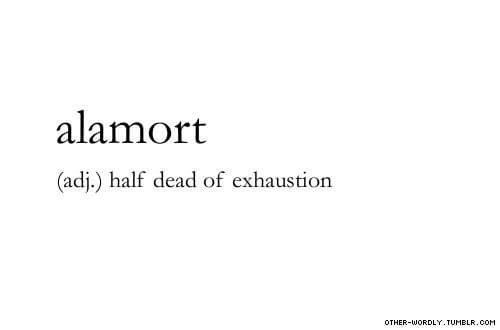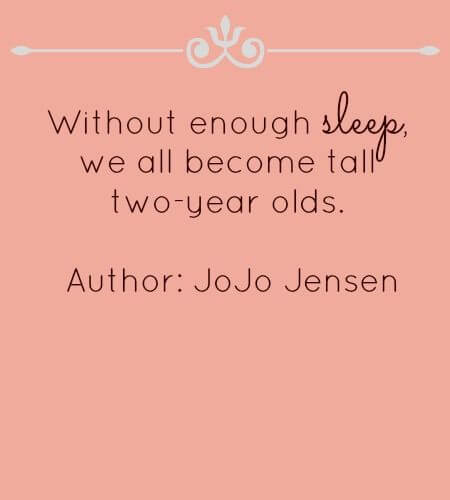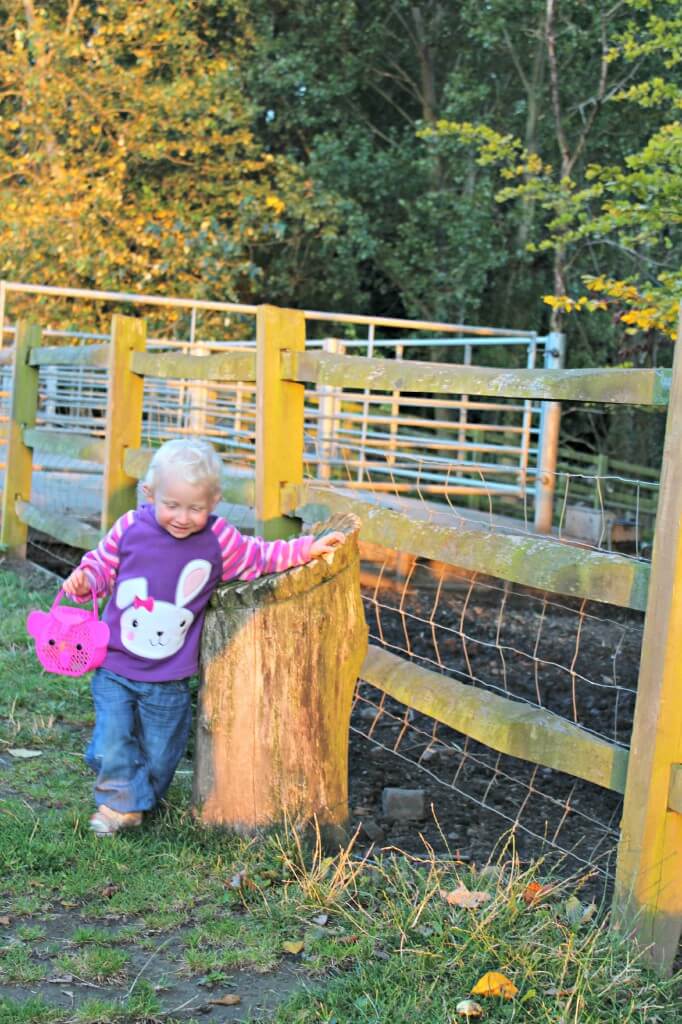As the self-proclaimed queen of flexible working I read Tuesday’s Guardian interview by Tanya Korobka with Tracey Eker of Flexiworkforce.com with interest. I totally agree with the writer that we need to turn the UK into a place which values productivity over presence. Flexible working rights have now been extended to all but it’s only a right to request and more traditional employers are likely to want to maintain the status quo.
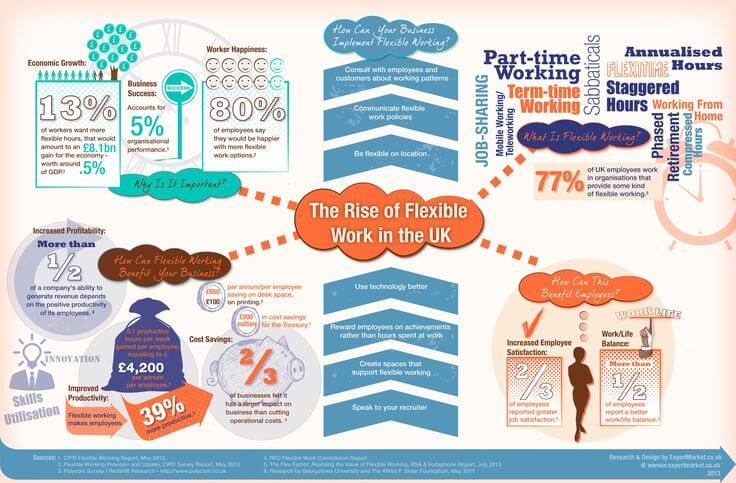
Found on blog.expertmarket.co.uk
Productive without being present?
Is bums on seats9 – 5 really what we should value when the world is increasingly a 24/7 workplace? Even before children I brought a degree of flexibility into my working life; I know I do my best writing 10 – 2 from home, not from the office, and before Joss came along I was always a ‘later to work’ kinda gal enjoying extra time in bed and then working later.
As I’ve gotten older and become a mother I have realised I quite enjoy working an hour or two before colleagues arrive, starting earlier and sometimes finishing earlier too, then picking up between 8pm and 9:30pm when I tend to do my best idea generation.
At the moment I’m back to working 21 hours over three days, of course part-time working doesn’t equate to flexible working but I deliver those 21 hours in a range of ways, I currently need to be around during core-hours, but will occasionally balance an early finish with an earlier start the following day; I would prefer to be more flexible than this though.
Doing work differently
When I tell people this is how I work they generally assume it’s unhealthy to take work home for the evening, saying that 9-5 gives a work-life balance that my schedule doesn’t allow for. Or they’ll assume I’m not as productive, dipping in and out of work instead of having a solid 8 hour run at it.
I’d challenge both of these assumptions, firstly I am much more productive working the way I do because I thrive when busy – I’m ‘flexibly-busy’ to coin a phrase, and I don’t just work one desk-based job, I also volunteer, run a few networks and blog too, my ‘on-time’ is really varied and interesting which suits me.
As a researcher I have times in the cycle of my projects where I really immerse myself in the field I’m studying, it seeps into conversations with friends, I mull it over with my coffee – passionate much? You bet, I love this line of work and it’s totally appropriate that I work at it flexibly.
Don’t get me wrong, I do lament the 24/7 ‘at it’ culture, but flexible working doesn’t mean longer hours in the long run, it’s just that the hours I work are often delivered differently. The only downside to flexible working is knowing your limits, when you live a flexible life it’s easy to say yes to everything and to this end you need to plan your me-time with flexibility too, but isn’t that the beauty of flexible working?
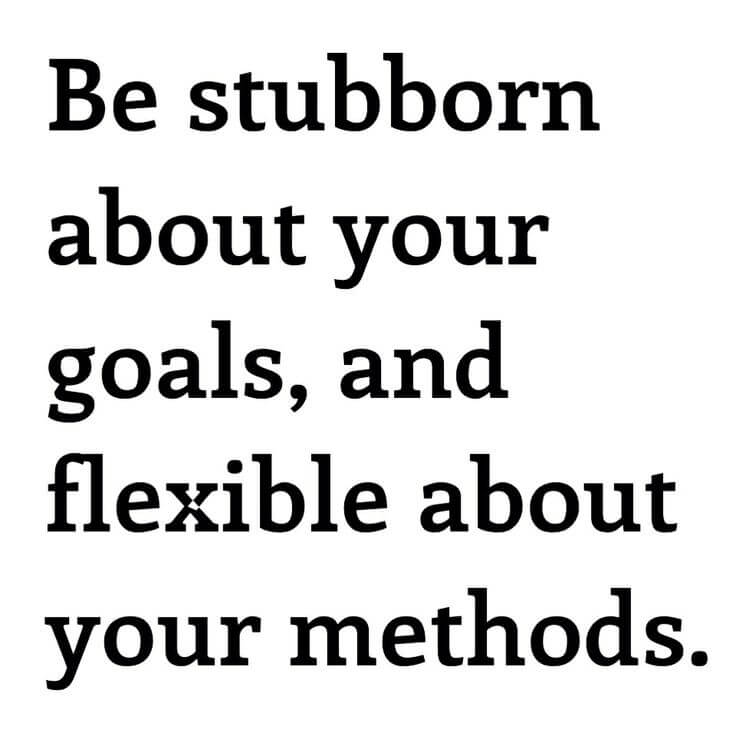
With compressed hours we can get an extra day back to ourselves, or that time with the kids in the morning, or after school; this kind of flexibility is good for our mental health and wellbeing too.
Trust is key
Of course Tracey was bang-on in her assessment of the key to flexible working; it absolutely requires trust, and bags of it. My employers get 110% from me, as I deliver on time, every time, should how I got there need to concern them?
In an ideal world I would work more flexibly still, why stop at compressed days or working from home? I suffer with seasonal affective disorder, I’ve blogged before about how I work better in the summer when the nights are lighter and I feel I have a reward at the end of a long day in the form of a walk with my family.
Extended family time in the sun slips away into a doldrumous and dreary winter though, and I’m not so productive, tend to need more frequent breaks and struggle with depression. Flexible working can combat the longer days and the well-known to business dip in productivity by allowing an hour or two off in the brighter afternoons for example.
Culture
Of course all of this requires a cultural shift; freeing people up to be judged on their results rather than valuing the time they put in better suits the creative and more connected ways in which many of us now prefer to work. Gen Y knows it can produce consistent results whilst working flexibly and enters the workplace looking for flexibility, a stronger work-life balance and wellbeing at work too.
I agreed with the writer’s opinion that it tends to be women who work more flexibly and it’s hard to find an acceptance of flexibility at the top. There’s a definite sense that employees want to work in new and different ways whilst management wants to maintain the status quo.
Sadly when flexible working laws came in, especially new laws to extend them to all workers, businesses talked about having to ‘brace themselves’ against requests rather than embracing new ways of working, reflective of our very male-dominant working structures.
Speaking to friends who have worked flexibly longer than I have they recall feeling excluded as meetings were booked in on their days off, or pressured to change their working arrangements, hardly the flexibility they were seeking, but their employers agreed to their new working terms inflexibly!
When employers lead by example, working shorter working weeks as some CEOs now do this leads to a happier workforce, we get the job done in less time, think sharper and leave feeling fulfilled looking forward to our down time.
The flexible working request, making it work for you
So you’ve made the flexible working request and it’s been accepted, now what?
- Keep a work pattern diary to work out where and when you do your best work, if like me you write better from the library with resources to hand, or from home, or prefer to make your telephone calls when the office is quiet before everyone else comes in work to these patterns, they are your strengths!
- Know when to switch off and try to have switched off periods during the day. I check my emails once every two hours on the hour so I don’t get disturbed by lots of auto updates, I also try to use technology to my advantage, so I can check emails on the go and be as responsive as I would be in the office.
- Keep talking to your manager and make sure that they see the results of flexible working, ask to review the arrangements during your supervisions too. You need to make sure they don’t think you’re opting out of anything by working flexibly
- If meetings are planned for your day off try to gently change these arrangements, don’t take it personally or feel overlooked but don’t apologise for your working arrangements either, try to arrange it so they’re organised when you are in the office, and try to get a working relationship going where you and colleagues can all be a bit more flexible about where and when you meet
- Be mindful, try to live in the now at work and at home, I’m still learning to do this, but it’s important to be where you are and not where you’re not, whether that’s at home, your other job, with the kids or your partner, it really does help with your work-life balance!
What about you? Do you have enough flex in your work life?








